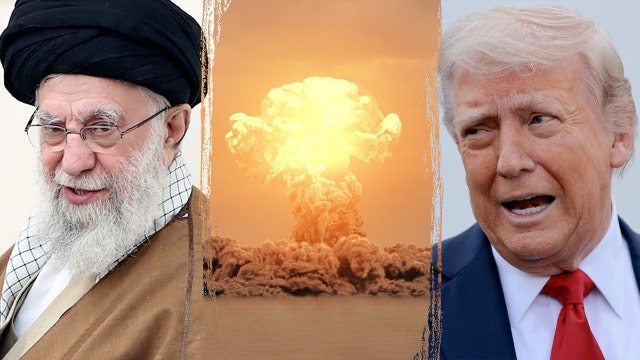On May 23, 2025, the United States and Iran resumed indirect nuclear negotiations in Rome, under the mediation of Oman, in a renewed attempt to resolve longstanding disputes over Tehran’s nuclear program. However, the atmosphere remains tense, with sharp divisions over Iran’s uranium enrichment activities.
Iranian officials have made it clear that halting uranium enrichment is non-negotiable. “Zero enrichment equals zero deal,” stated Iranian Foreign Minister Abbas Araghchi, emphasizing that uranium enrichment is a matter of national sovereignty and pride. Tehran maintains that its nuclear program is solely for peaceful purposes and insists on retaining its right to enrich uranium under international law.
The U.S., under the Trump administration, strongly opposes Iran’s uranium enrichment, viewing it as a direct path to developing nuclear weapons. U.S. negotiators are pressing for a complete halt to enrichment activities, warning that Iran’s continued progress poses a serious threat to international security. They argue that without clear limits and transparency, Iran’s program cannot be trusted.
Omani mediators have reported “some, but not definitive progress” after the fifth round of talks. While both sides have engaged more constructively than in past sessions, significant disagreements remain, particularly over technical limits and verification mechanisms.
The situation is further complicated by Israel’s threat of military strikes if diplomatic efforts fail. Iran has warned that it would hold the United States responsible for any Israeli aggression and vowed a “devastating response” to any attack on its nuclear facilities.
Despite the obstacles, both Washington and Tehran have agreed to continue discussions and explore new frameworks for compromise. Yet, with neither side showing signs of backing down on uranium enrichment, a breakthrough remains uncertain.





Discussion about this post